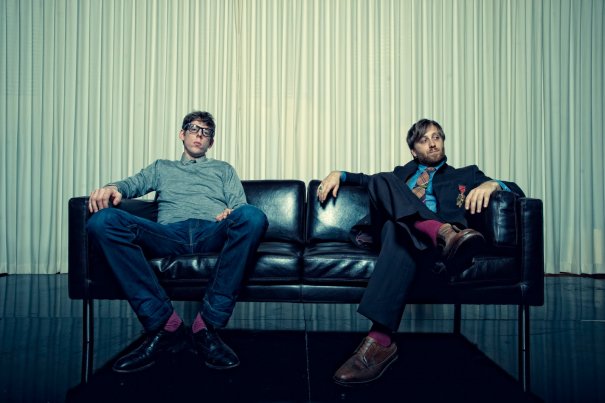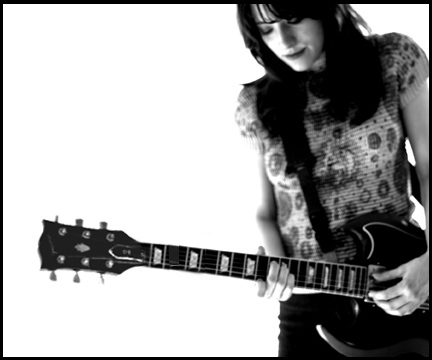 If music conferences seem blasé, it’s because there are so many of them these days. But South By Southwest, arguably the granddaddy of them all (chronologically behind the New Music Seminar but culturally ahead), still has something to say.
If music conferences seem blasé, it’s because there are so many of them these days. But South By Southwest, arguably the granddaddy of them all (chronologically behind the New Music Seminar but culturally ahead), still has something to say.
Videos by American Songwriter
Two panels in particular painted varying pictures of the record industry, that ancient thing that built the music business, of which little has survived intact.
An independent label panel with some of the biggest names and sharpest minds in the industry, including Matador’s Gerard Cosley, Mac McCaughan of Merge, and Jonathan Poneman of Sub Pop, discussed changes in their industry. While in some ways independent music has had less the crushing, paradigm shift felt by major labels, their business seems in very few ways the same as it was a decade ago.
When asked if there was a perfect, fail-proof model for releasing records in today’s market, Poneman joked that he knew exactly what it was, but would only share it with his own staff. That joke illustrated both the frustration and underlying passion that adorns the record industry today.
The wise and frank Cosley was the most revealing on the state of the label business. He said that traditional media has had one of the most significant changes on the business. Where reviews in Rolling Stone or The New York Times usually led to a noticeable increase in sales in decades past, he said that really wasn’t the case anymore. He also poked at print companies by suggesting their editors adopt a 1-10 rating system, an allusion to Pitchforks’ album review model.
A different picture of the music industry emerged in a panel on digital pricing strategies. Moderated by The Orchard’s Brad Navin, the panel featured Moontoast’s Marcus Whitney, Merlin’s Charles Caldas, Daptone’s Kathy Bauer, and MOG’s David Hyman. The panelists discussed direct-to-fan, pricing parity, and sustainable business models for start-ups.
Daptone, a Brooklyn-based label that has released retro-soul offerings from Sharon Jones and Charles Bradley, brought a traditional label standpoint to the discussion. Bauer said leveraging an iTunes discovery promotion, which offers a free download, for one recent Daptone release had a positive impact on sales. Bauer warned, though, that – as a label – Daptone places a high value on their recordings, and only look at doing lower price-points (such as an entire album for $1.99) when necessary.
Moontoast’s Marcus Whitney said his company thinks of its platform as a direct-to-fan model, not direct-to-consumer. Whitney said social media, where a Facebook ‘like’ can be instantly shared, is more important than email channels today. But Whitney also warned that there isn’t a long life cycle on social, saying Moontoast focuses on two-week campaigns. The reach of the social graph is immediate but not long lasting, said Whitney.
MOG’s David Hyman said that his hope for digital music is that one day subscriptions will replace sales. MOG removed their download button because consumers were confused, said Hyman. He hopes MOG one day will be part of a consumer’s cable TV subscription, and insinuated that pricing could be as low as $1 a month.
Charles Caldas, who’s company, Merlin, licenses independent music around the world, talked about historical music models and flexible pricing for physical goods. He said it was important to value a consumer over course of a year, not just for a one-off promotion. Caldas spoke wisely about the modern consumer and said we’re only in the beginning of the journey to understanding the changing market place.
With many solutions already in place and more from the likes of Apple and Google on the horizon, 2011 looks to be a breakthrough year for digital music. After years of anguish and confusion, labels, distributors, start-ups and fans seem finally ready to align in order to build a sustainable music culture.













Leave a Reply
Only members can comment. Become a member. Already a member? Log in.